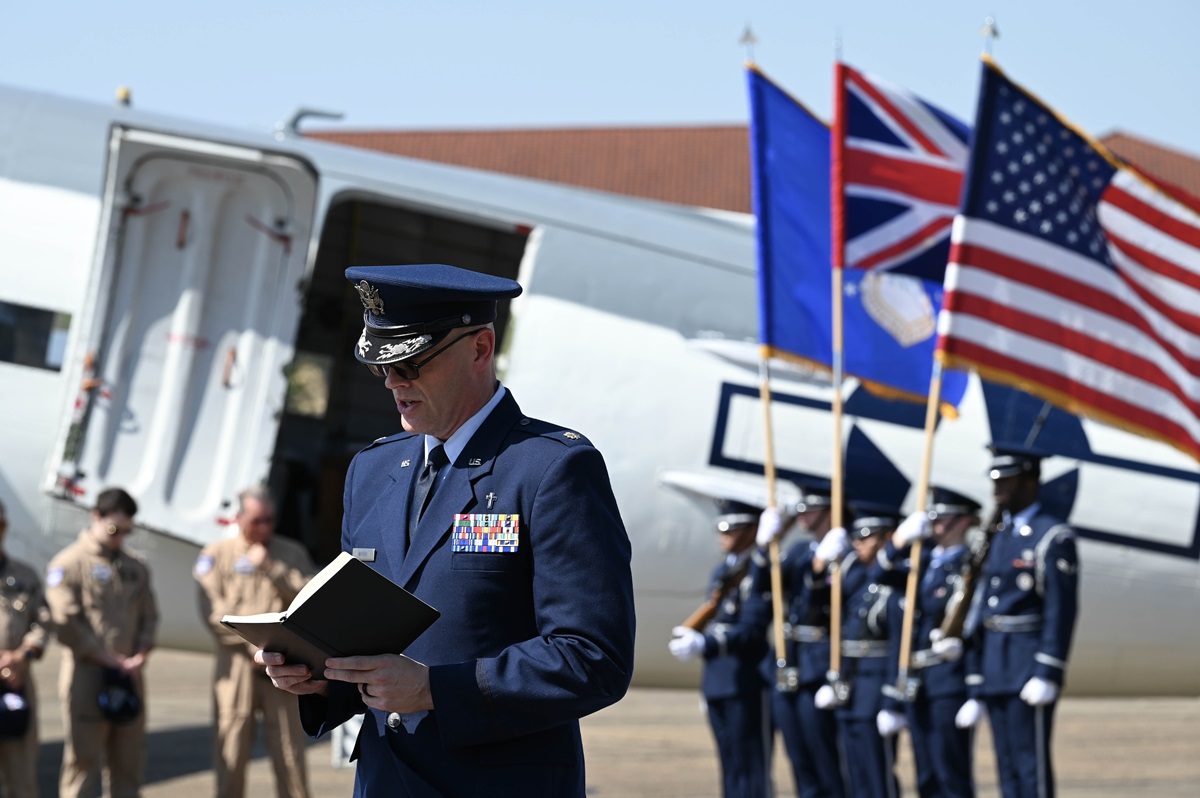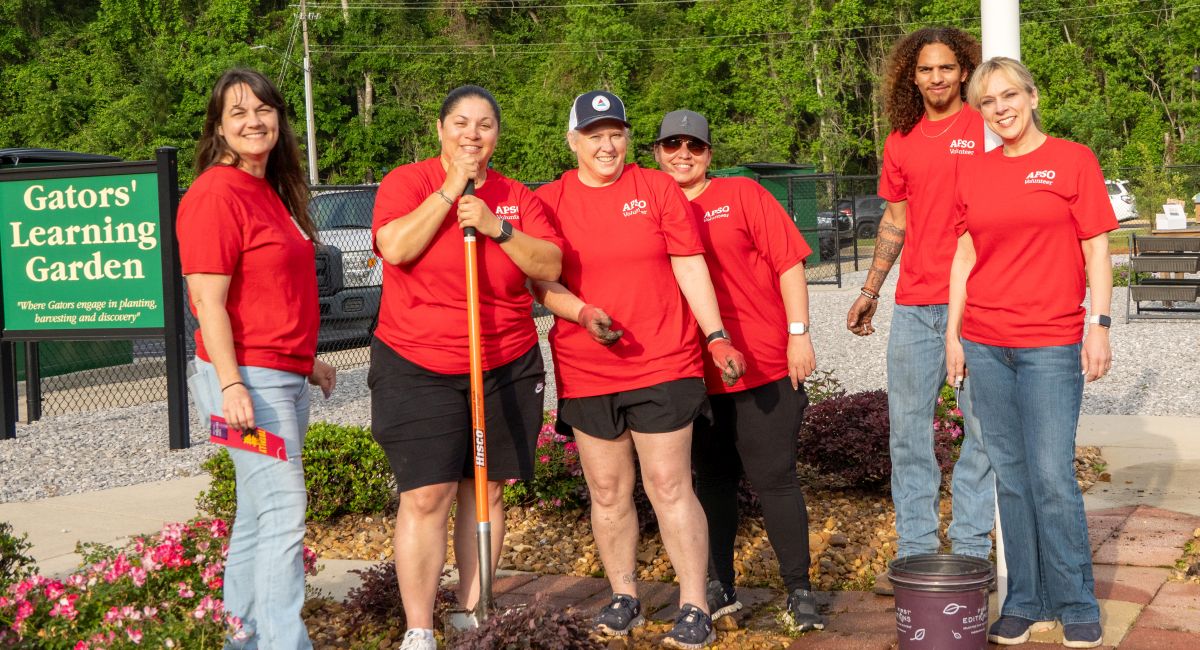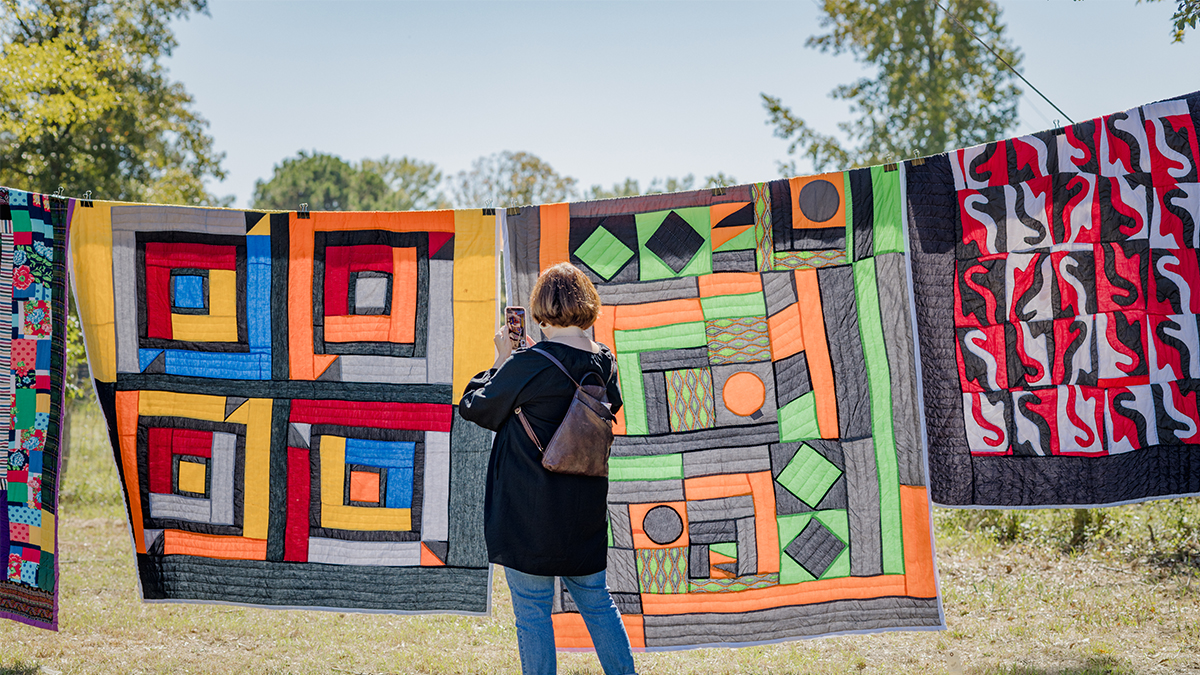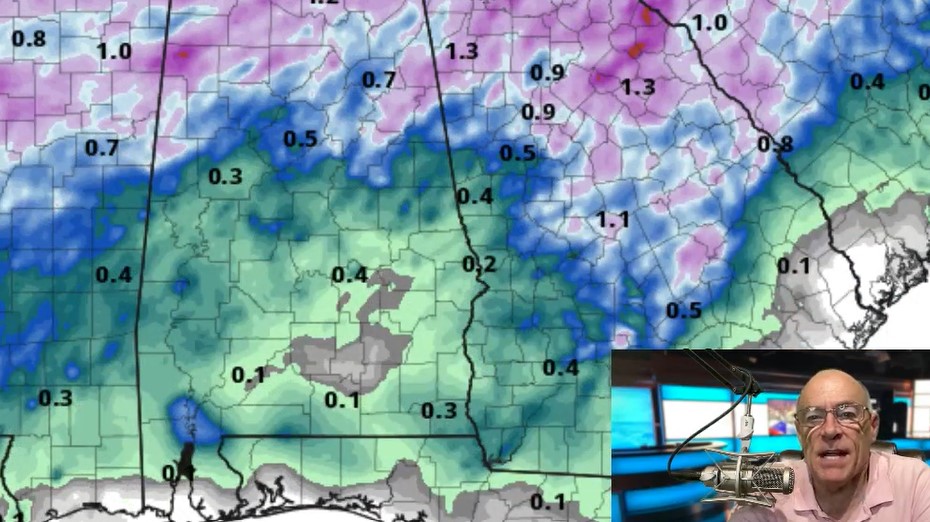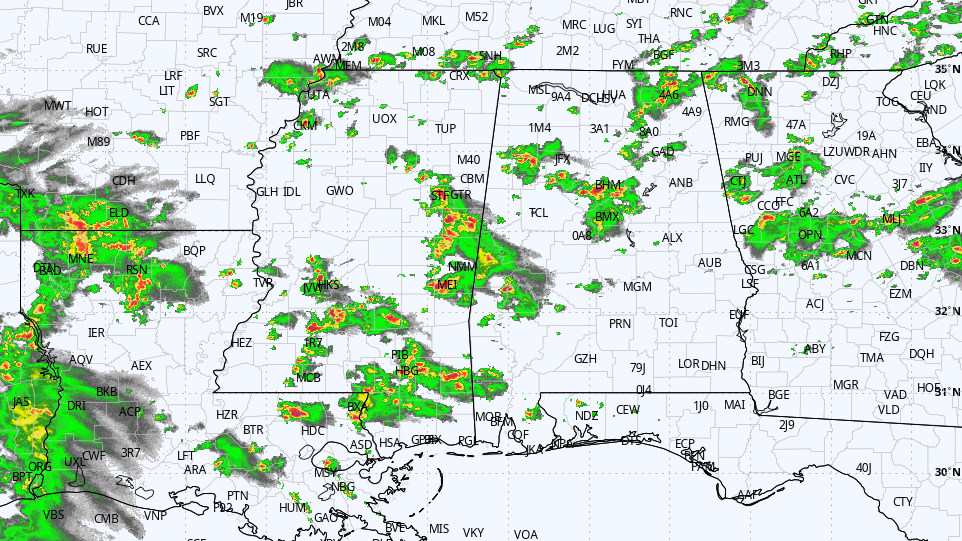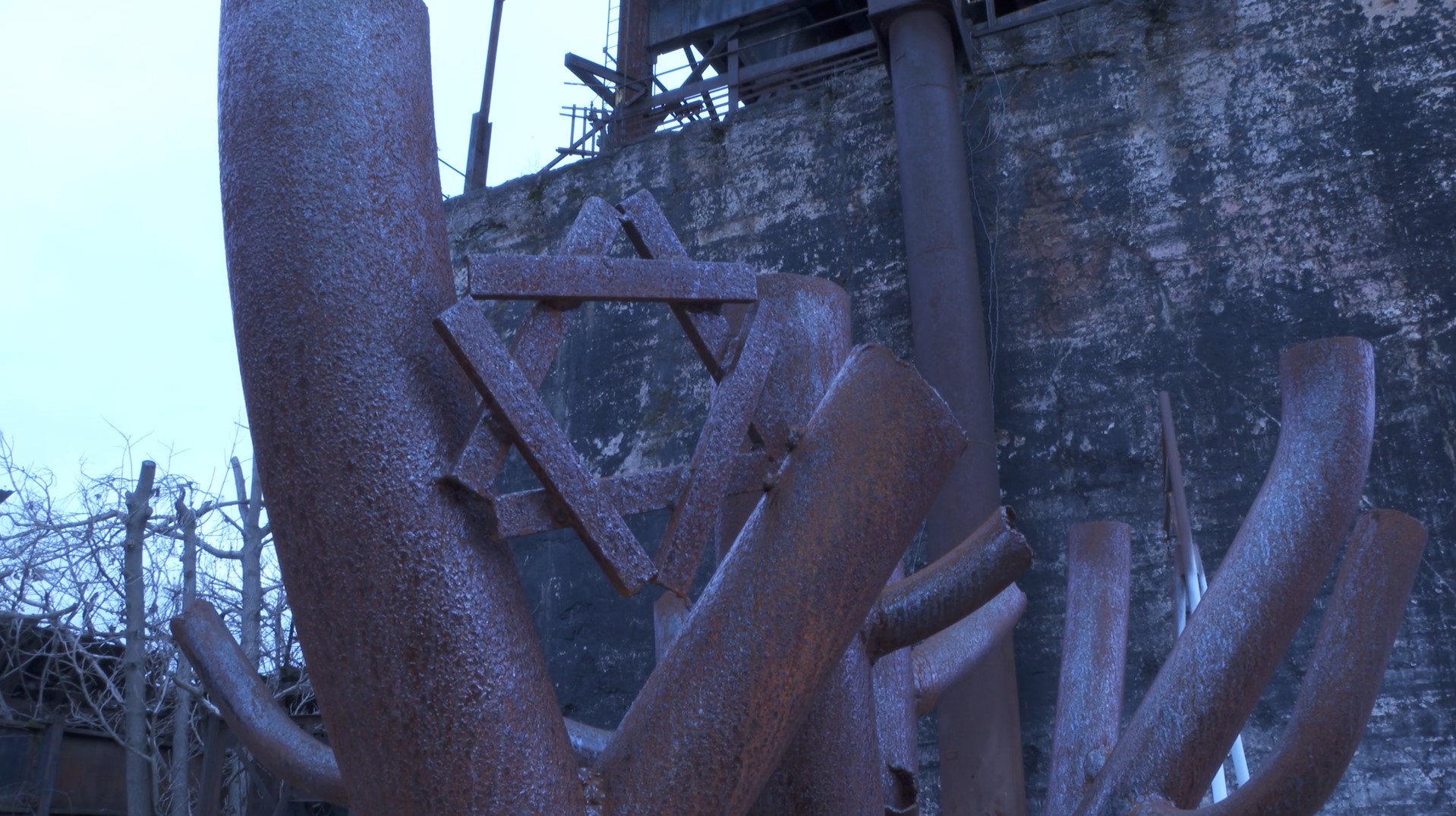Alabama Power executive’s view of protests shaped by the civil rights movement
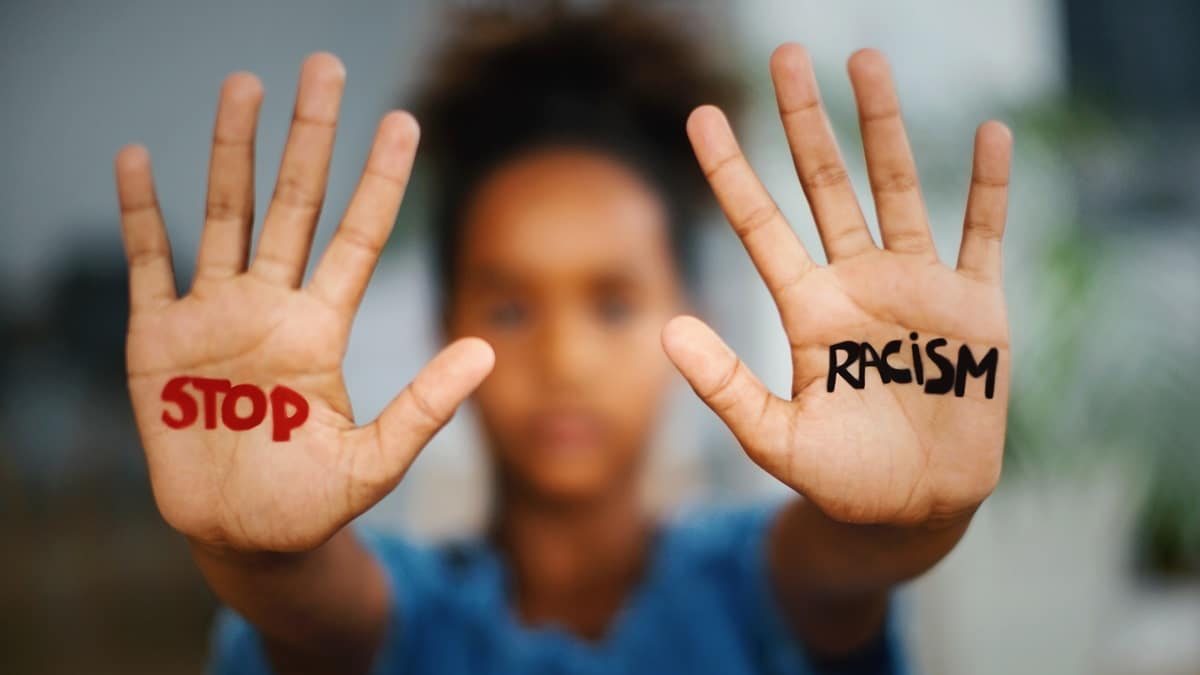
Ron Buford, a veteran of the civil rights movement, says that experience has informed his view of the Black lives matter movement. (Getty Images)
Ron Buford’s view of the ongoing protests around the nation against racism and social injustice has its roots among the trees of Birmingham’s Kelly Ingram Park. More than five decades ago, during the civil rights movement’s Children’s Crusade, a 10-year-old Buford dodged from tree to tree to avoid the high-powered fire hoses that stripped the bark from those trees.
Now, Buford, director of Legislative Affairs and Compliance at Alabama Power, watches events across the country triggered by the killing of George Floyd by police in Minneapolis in May. He wants to see the protests lead to finishing the civil rights movement’s effort in the 1950s and ’60s to defeat racism.
“My hope now is that this movement which is upon us is probably going to be the best chance to make a difference,” says Buford, whose mother took him to civil rights events in the 1960s. “I think throughout the communities and around the country and world, people are beginning to understand that a change is needed, a positive change is needed. I think the world has an opportunity to take advantage of it, and if it’s not taken advantage of, I don’t know that we’ll ever get it back again.”
Ron Buford’s views of current social injustice protests informed by his own civil rights experiences from Alabama NewsCenter on Vimeo.
Buford said current protesters rightly want to see police held accountable for their actions.
“Accountability has not taken place for things that are obviously wrong,” he says, citing Floyd’s death. “Because there have been so many times that accountability has not taken place, it has resulted in a lot of dissatisfaction, a lot of anger, a lot of animosity and the riots as a result of those unheard voices who think that accountability has not taken place.”
While most protests have been largely peaceful, Buford points out the need for accountability for both sides, not just for police. People have a right to protest, he says, but not to destroy public property or other people’s property.
“The good cop has a responsibility to call out the bad cop, and the good protesters have a responsibility to call out the bad protesters,” he says. “You always have to do the right thing.”
